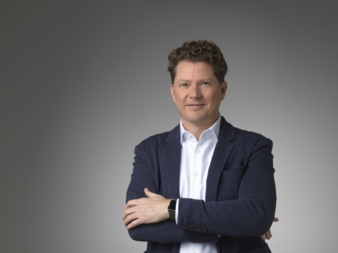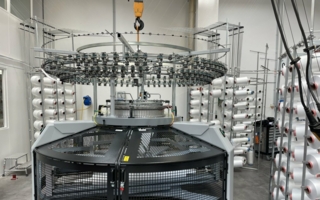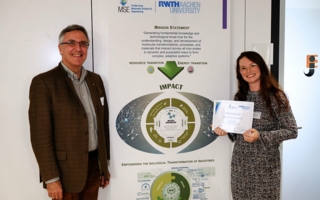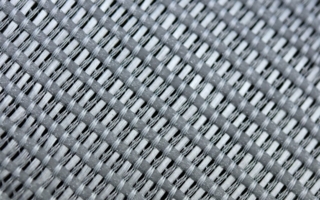14/01/2019 — auf Deutsch lesen
Change is the new constant in business
The home textile industry has been through a mixed year. For upholstered furniture, the trend towards more materiality has a positive effect.
Until just a few years ago, there was a sense of puzzlement when the economy dipped or soared for no apparent reason. Today, companies have adapted to the idea that they can always “bank on” strong fluctuations and uncertainty.
Fabric sets are still in the focus of customers, and especially in the high-end segment the German manufacturers benefit cause the sales increased a good eight percent by the end of October. Decorative fabrics and curtains were still slightly declining sideways in German industry until the end of November. Unfortunately, at the end of September, textile floor coverings lost around 12 percent compared to the same period of the previous year and are still in fierce competition with alternative floor coverings. Due to the hot summer, bedding came under enormous pressure, so that despite the catch-up business at the end of November, it still had a decline in sales of 11.3 percent.
Some developments can be explained
In the extremely hot weeks of summer, barely anyone redecorated or refurnished their homes. By the same token, plenty of planning permission has been granted in Germany for detached and semi-detached housing. And yet, construction is being hampered by a shortage of skilled labour in the trades. The time it takes to build a home has increased enormously, with materials and products ready to dispatch yet standing around in warehouses, unpaid for, as delivery stalls. The uncertainty triggered by the trade war between the US and China is leading to lost orders for machinery makers which, at the same time, is fuelling interest in the German market.
Economic operators are becoming more sensitive
It seems, therefore, that one set of circumstances influences the next and that economic actors are becoming far more sensitive. Not only that, but provocative and polemic slogans appear to have become a means of control. The world responds and the effects on the financial markets are exacerbated as a result of increasingly automated trading. It has become almost impossible to predict what will happen next. And yet, industrial companies have become far more agile and have adjusted their mindset accordingly. They know that fluctuations and rapid change – with no going back – have become a “normal” state of affairs. This does not exactly make business any easier, but hopefully it will at least be manageable.




